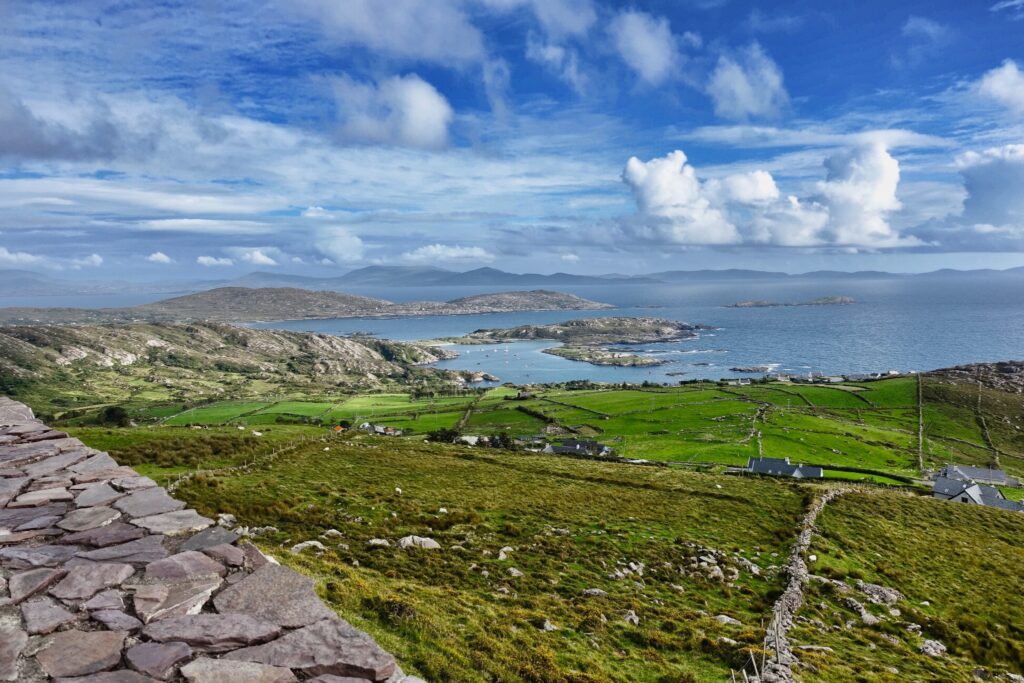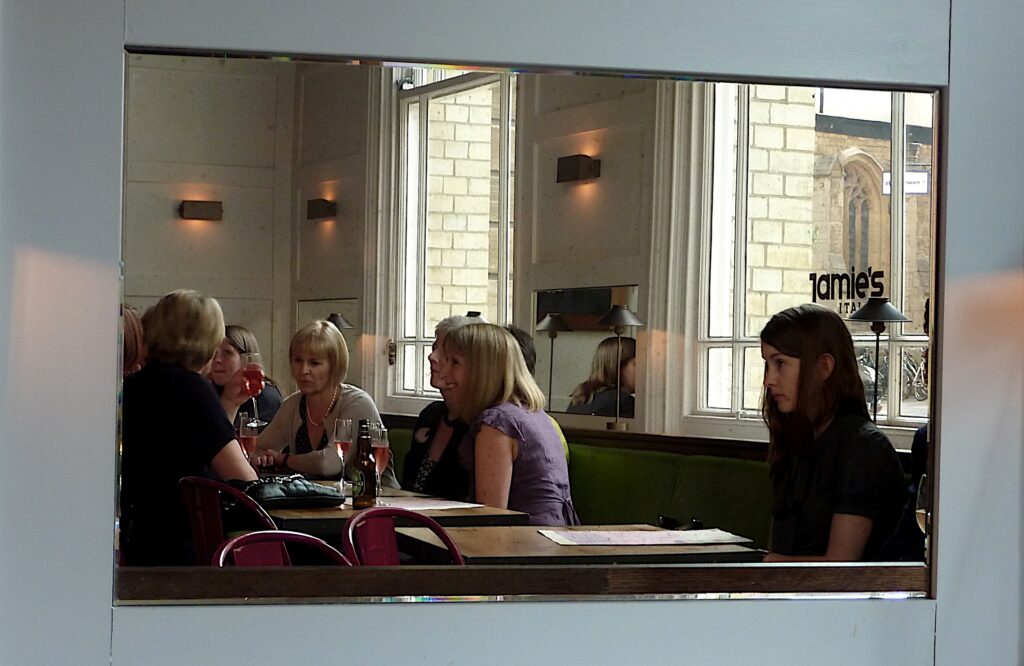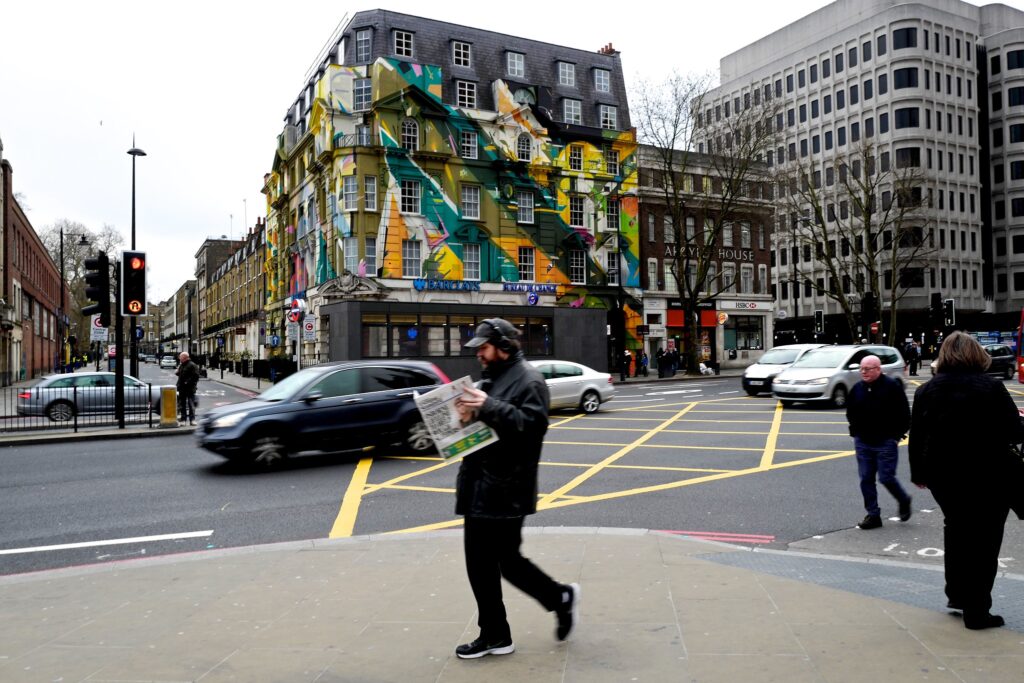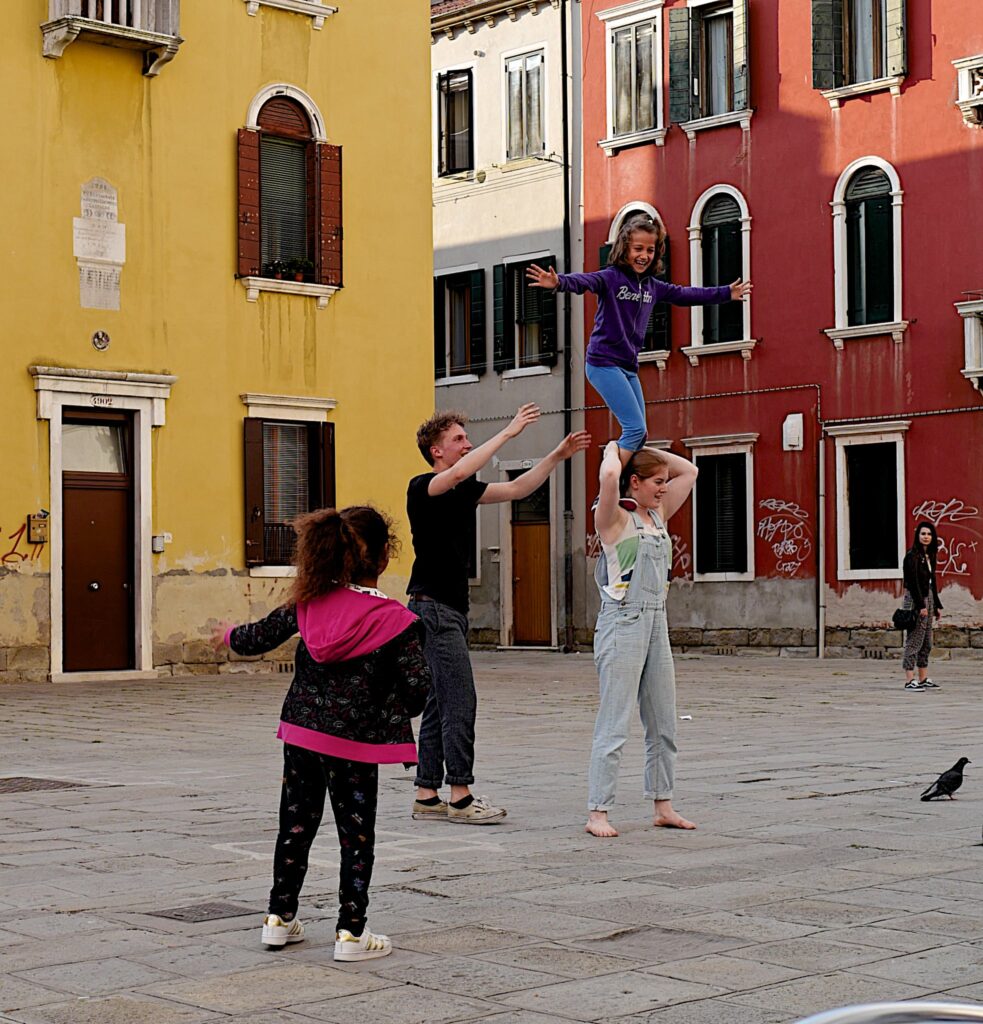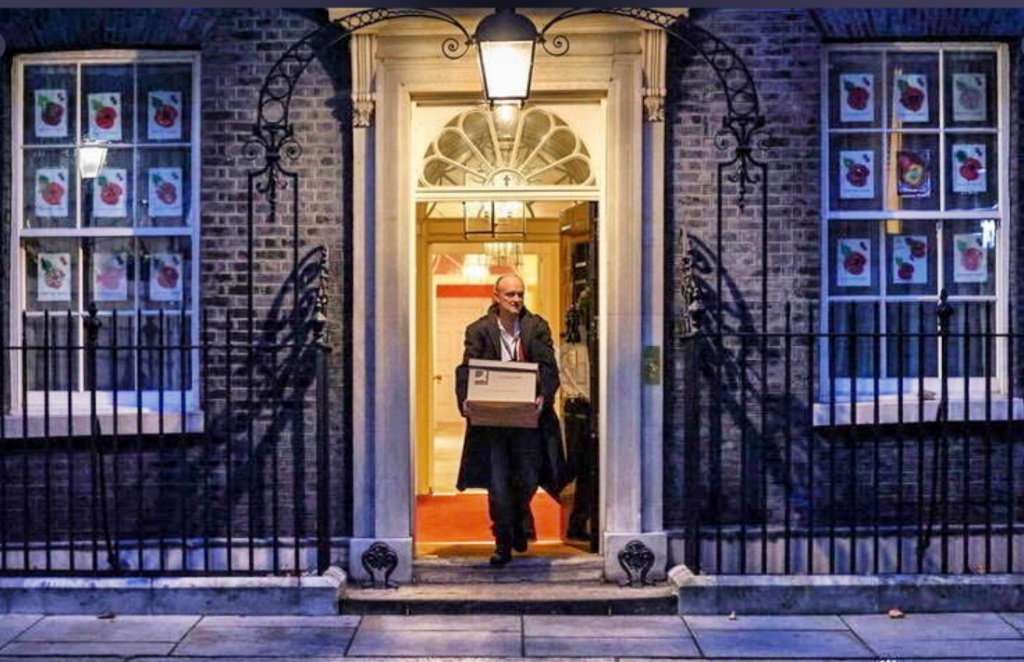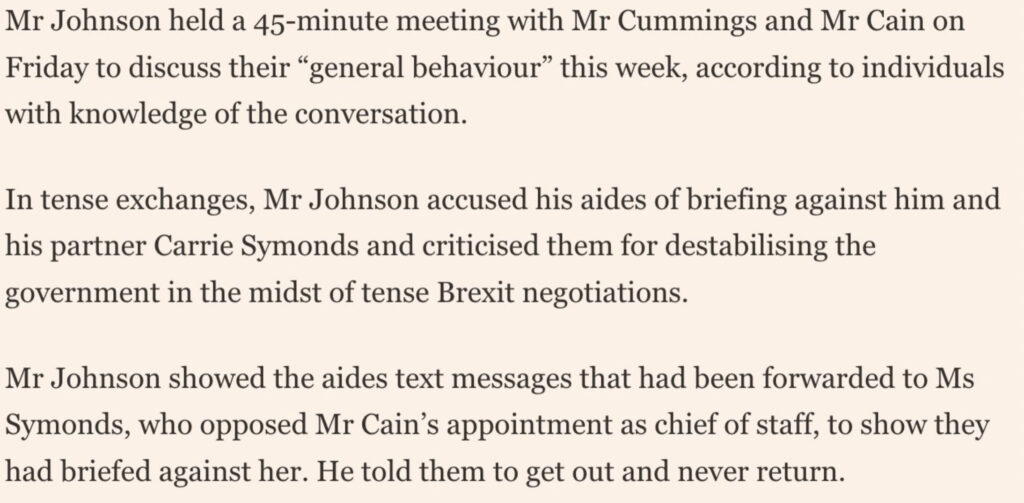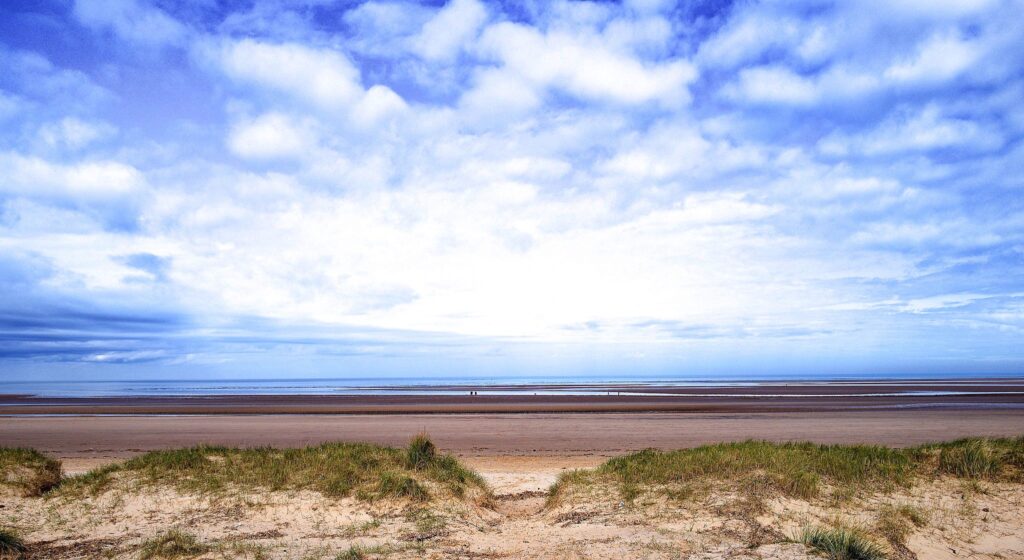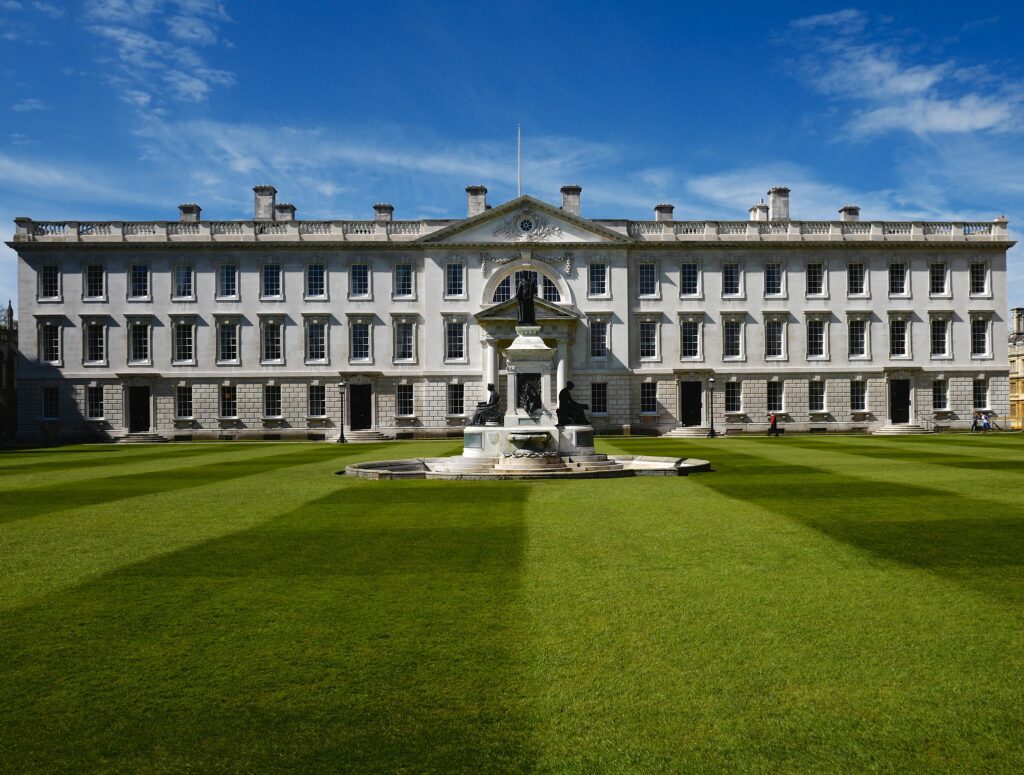The Ring of Kerry must be one of the most celebrated round-trips in the Western world. On a fine day, it’s easy to see why. This is the view you come one rounding a bend after passing through Waterville.
Quote of the Day
“She fitted into my biggest arm-chair as if it had been built around her by someone who knew they were wearing arm-chairs tight about the hips that season.”
- P.G. Wodehouse
Musical alternative to the morning’s radio news
Chris Rea | Stainsby Girls
Keep the volume down if you don’t want to annoy the neighbours. Turn it up if you do.
Long read of the Day
The Rise and Fall of Getting Things Done
How personal productivity transformed work — and failed to.
Lovely New Yorker essay by Cal Newport which will resonate with anyone who’s ever read Dave Allen’s Getting Things Done.
Logic School
Interesting and novel. An online course for techies to get them thinking about the kind of world they are creating. Runs for twelve weeks from March 8 through May 31, 2021.
Its theme of “creative protest”covers
issues of justice in tech through a multitude of approaches — whether it’s organizing in the workplace, contributing to an existing data visualization project or worker-owned platform, or building a new platform to nurture creative activism. Participants will work towards a final project as part of the program. Logic School meets for a live, two-hour session each week. Before a session, participants are expected to complete self-guided work: listening, reading, reflecting, and making progress on their final projects.
It’s free (funded by the Omidyar Network) and requires a commitment of five hours a week.
Software is trying to change your habits. Make sure you agree with it.
Software is trying to change your habits. Make sure you agree with it.
Link Nice little sermon, with homely examples.
Facebook notifications used to be so simple: if someone tagged me or responded to one of my posts, the red dot would let me know. Over time, this changed, and I started getting notifications for all kinds of things. Sometimes I’d get notifications about a friend liking a post by someone I don’t know. Occasionally I’d get notifications that were just friend recommendations.
As with malls, this isn’t some accident. This is a decision Facebook made. I can only speculate, but the data probably showed people are more likely to engage with content if there’s a notification, and a decision was made to put more stuff in the notifications. Their agenda, if I had to guess, is for me to spend more time on Facebook.
You might not think about this much. Tech companies do—a lot.
The shopping mall also has an agenda: they want you to walk around, see a bunch of different stores, and buy stuff. Knowing about this agenda can help you make better decisions. Maybe you’ll look up maps before heading to the mall, so you know where you’re going. Maybe you’ll give yourself a strict budget ahead of time, so you don’t overspend. Or maybe you don’t mind the mall’s agenda and are perfectly happy to wander and buy things.
My point here isn’t that malls are bad—it’s that they’re not neutral. Malls are designed with an agenda, and knowing about that agenda can help you make better decisions.
Software is the same way. The companies that make software have an agenda, and every design choice is in service of that agenda. There’s nothing inherently wrong with this, but that agenda may or may not line up with yours. So it’s worth thinking about your agenda and how it aligns with the agenda of the services you’re using.
Yeah. When you can wean yourself off the dopamine.
Zen and the art of Rosetta emulation
Yesterday I blogged about the new M1 processor that Apple has developed and now rolled out in some of its Macintosh line. I knew that the main Apple apps ran very well in the new architecture (no surprise there), but also knew that many of the programs that are part of my workflow ecosystem weren’t ready for the new processor and would therefore have to run under the Rosetta emulation software — which would therefore mean (I assumed) that they would run slowly until they had been rewritten.
Seems that I was wrong. Quentin emailed me this morning to alert me to a review that Samuel Axon had done for ArsTechnica. Here’s the relevant extract:
Every now and then, the Hollywood studio system makes a sequel to a movie that came out a long, long time ago. It hasn’t usually gone well.
Rosetta in macOS Big Sur is such a sequel, but it’s for the most part a phenomenal success. It’s better than the original. The last time the Rosetta name appeared, it was there to help PowerPC applications run on Intel Macs after Apple made the last architecture transition, back in 2006. Now, as Apple leaves Intel behind, Rosetta 2 is here to make apps made for Intel Macs run on the new Apple Silicon ones, like the Mac mini with the M1.
Rosetta 2 translates apps developed for x86 macOS to work on the M1 or other Apple Silicon CPUs, which are not capable of natively running said apps. It does this ahead of time, not on the fly—meaning when you install the app or first launch it (depending on the installation method) it is recompiled for the new architecture. Further, the app is automatically recompiled again as Apple releases relevant software updates.
The results are near-perfect. You’ll be prompted to install Rosetta when you first launch a legacy app, and that installation just takes a few seconds. After that, and in almost all cases, the user might never know whether an app was originally native to this hardware or not. The only common clue is that the translated Intel apps might take a few seconds longer to launch from the dock for the first time.
We installed and tested 120 apps—a wide variety of types and inclusive of both Mac App Store apps and Web downloads—and almost none of them failed to launch, ran noticeably slowly, or produced errors that impacted usage. The few exceptions were all 3D games downloaded on Steam, which mostly worked but with problems in a couple of titles.
This is astonishing, really astonishing. And if you were looking for an excuse for not buying the new Macs, it’s just been undermined. Sigh.
Other, hopefully interesting, links
- Lockdowns For Thee, But Not For Me. An anthology of Covid hypocrisy by elites. Link
- Big Tech Doesn’t Want You to Be Able To Fix Your Things. Good podcast on the Right to Repaior movement. Link. It isn’t just tech companies either. John Deere doesn’t want you fixing your tractor.
This blog is also available as a daily email. If you think this might suit you better, why not [subscribe][11]? One email a day, delivered to your inbox at 7am UK time. It’s free, and there’s a one-click unsubscribe if your decide that your inbox is full enough already!

